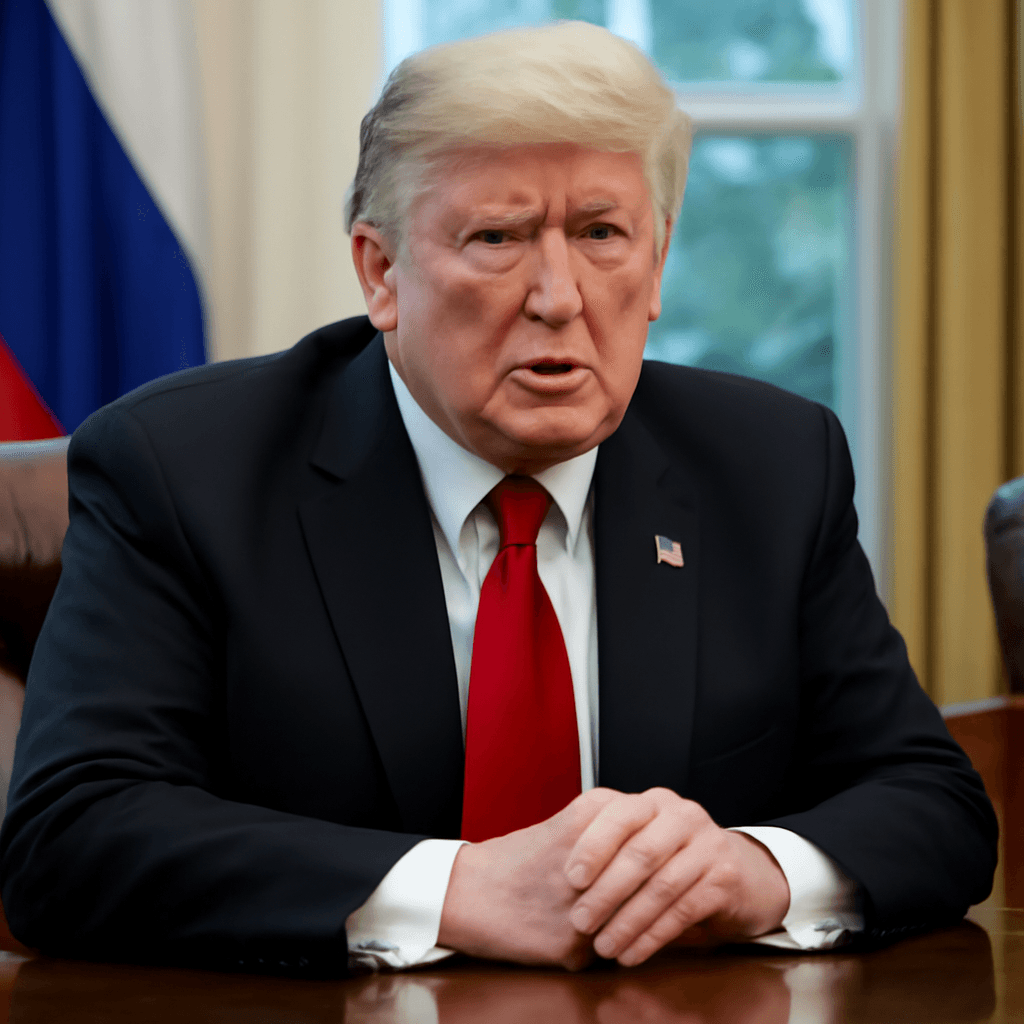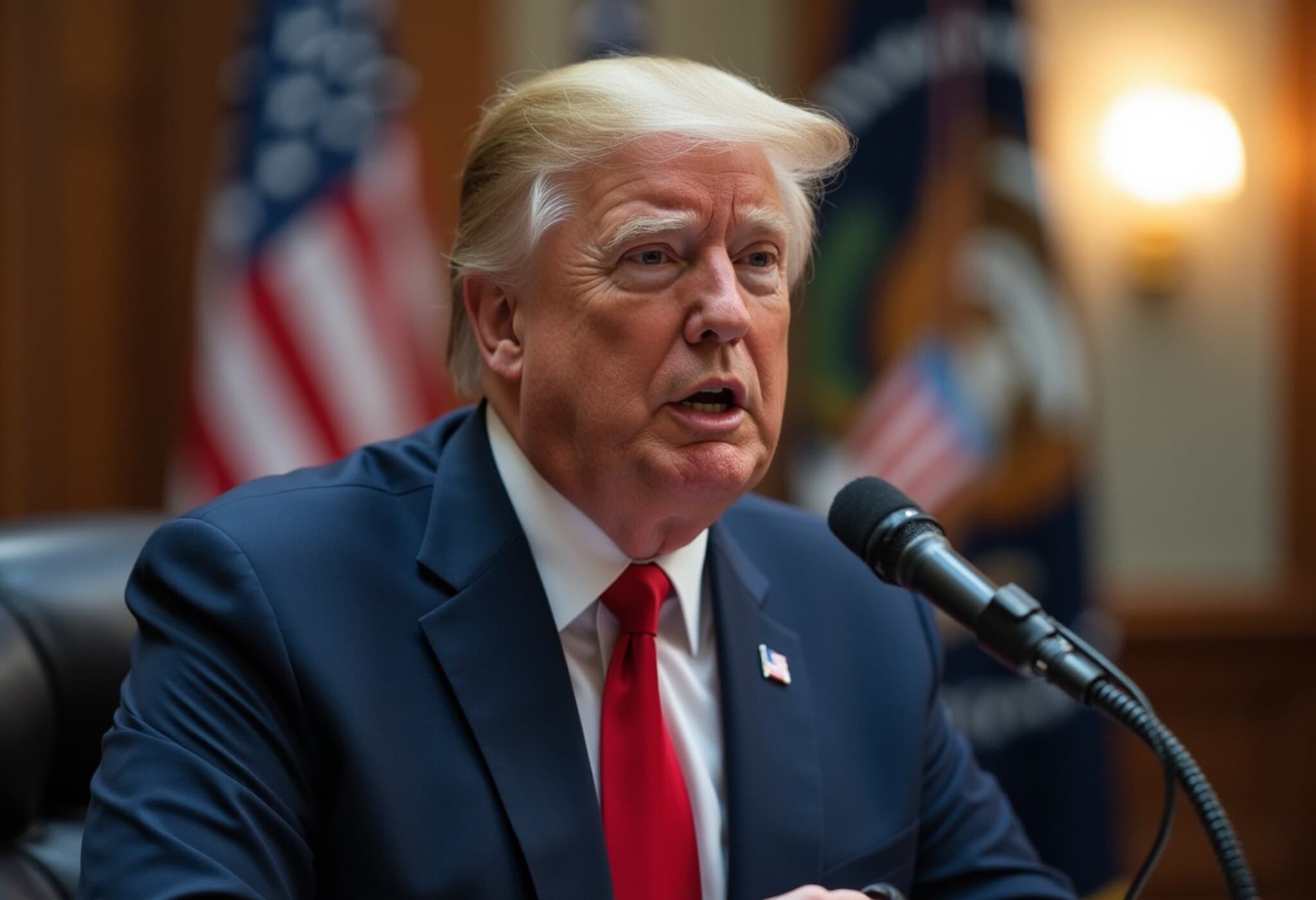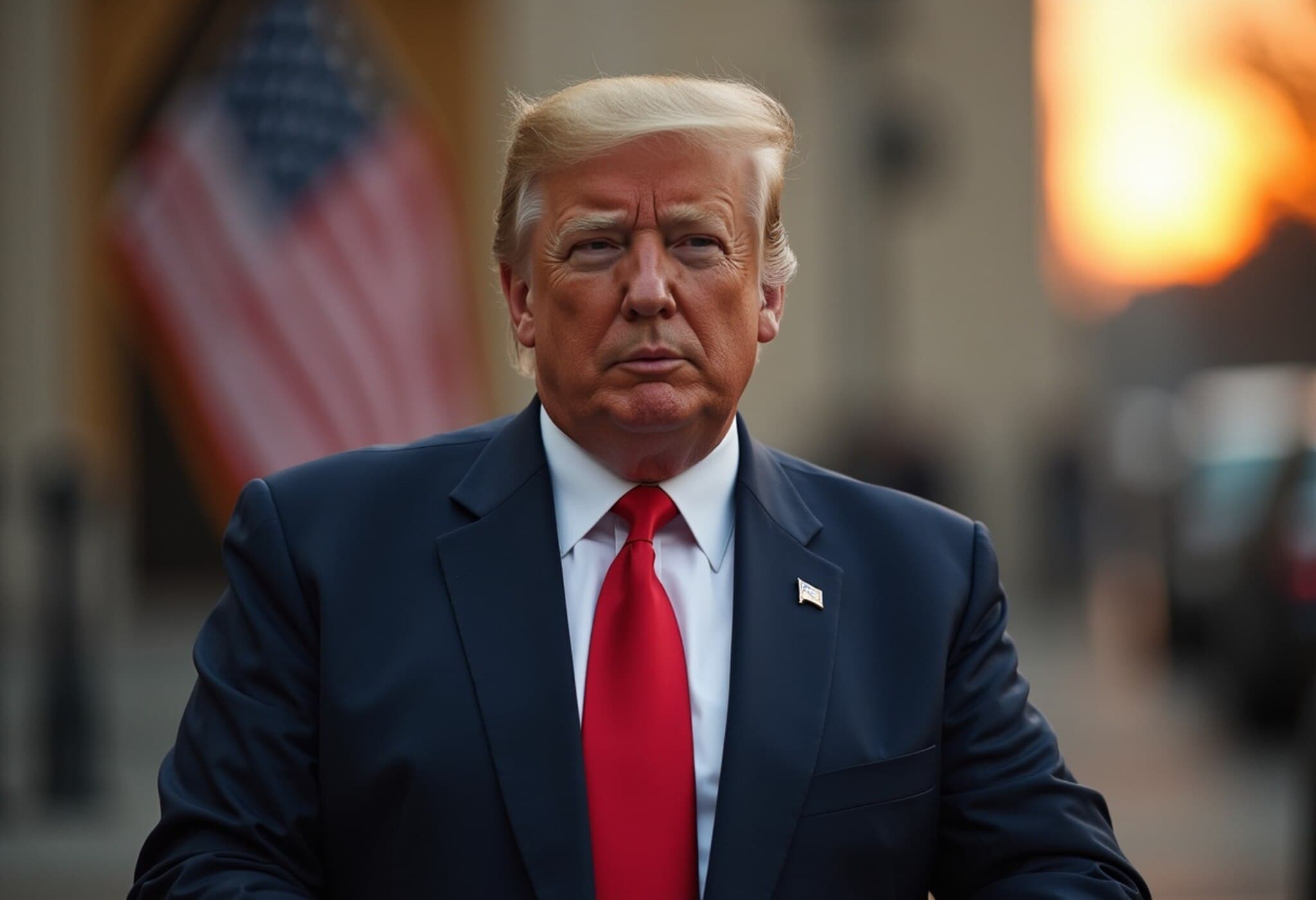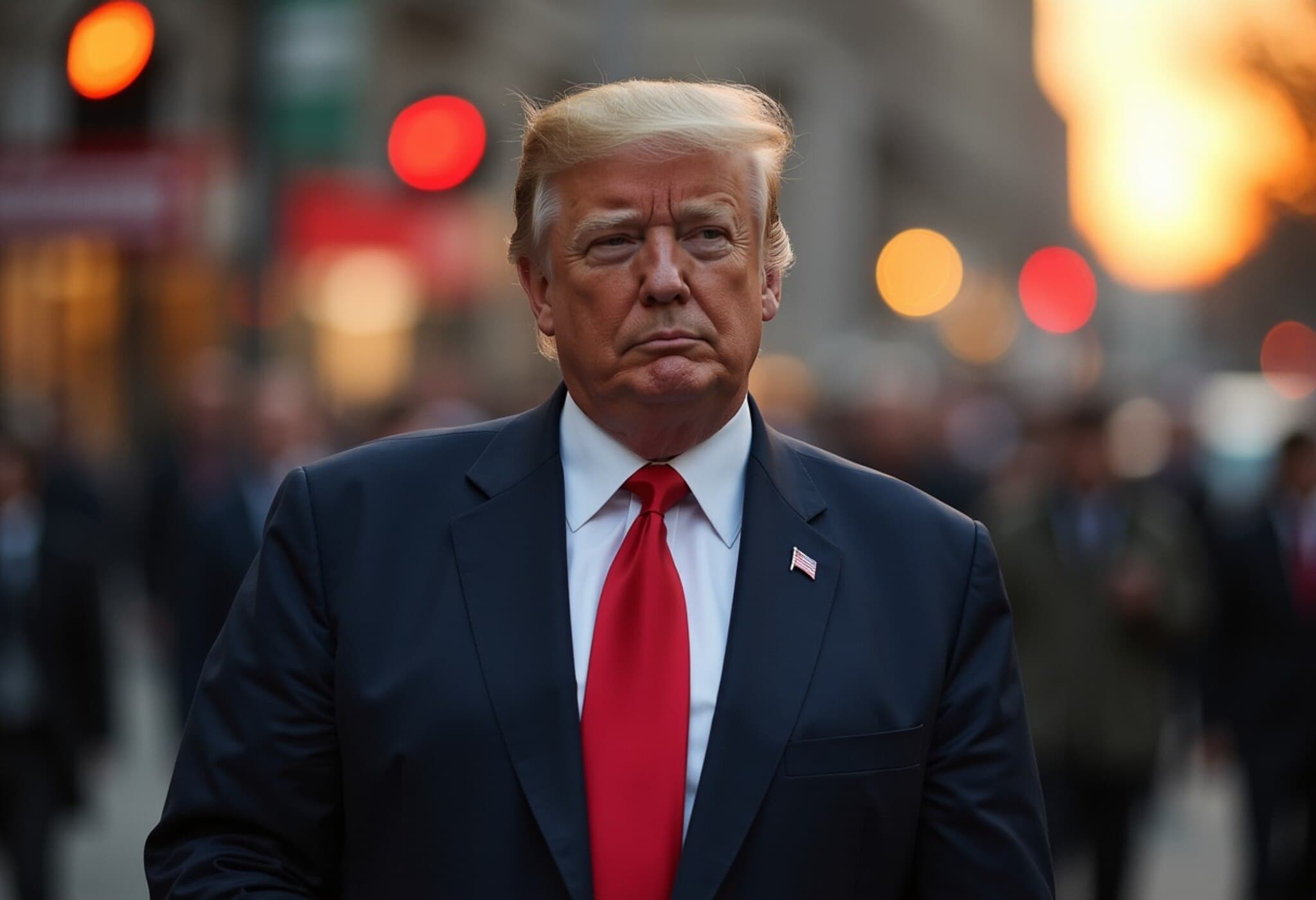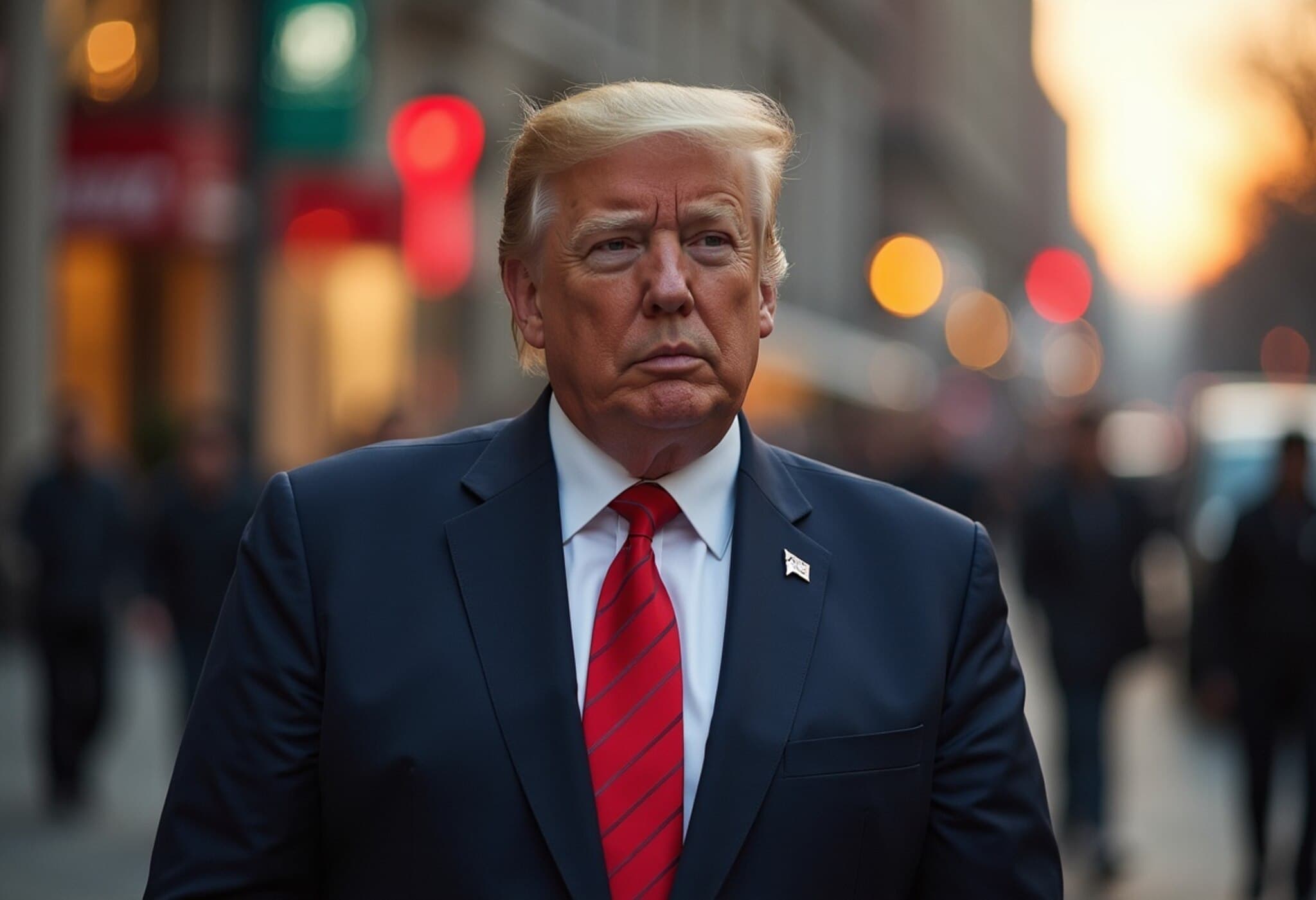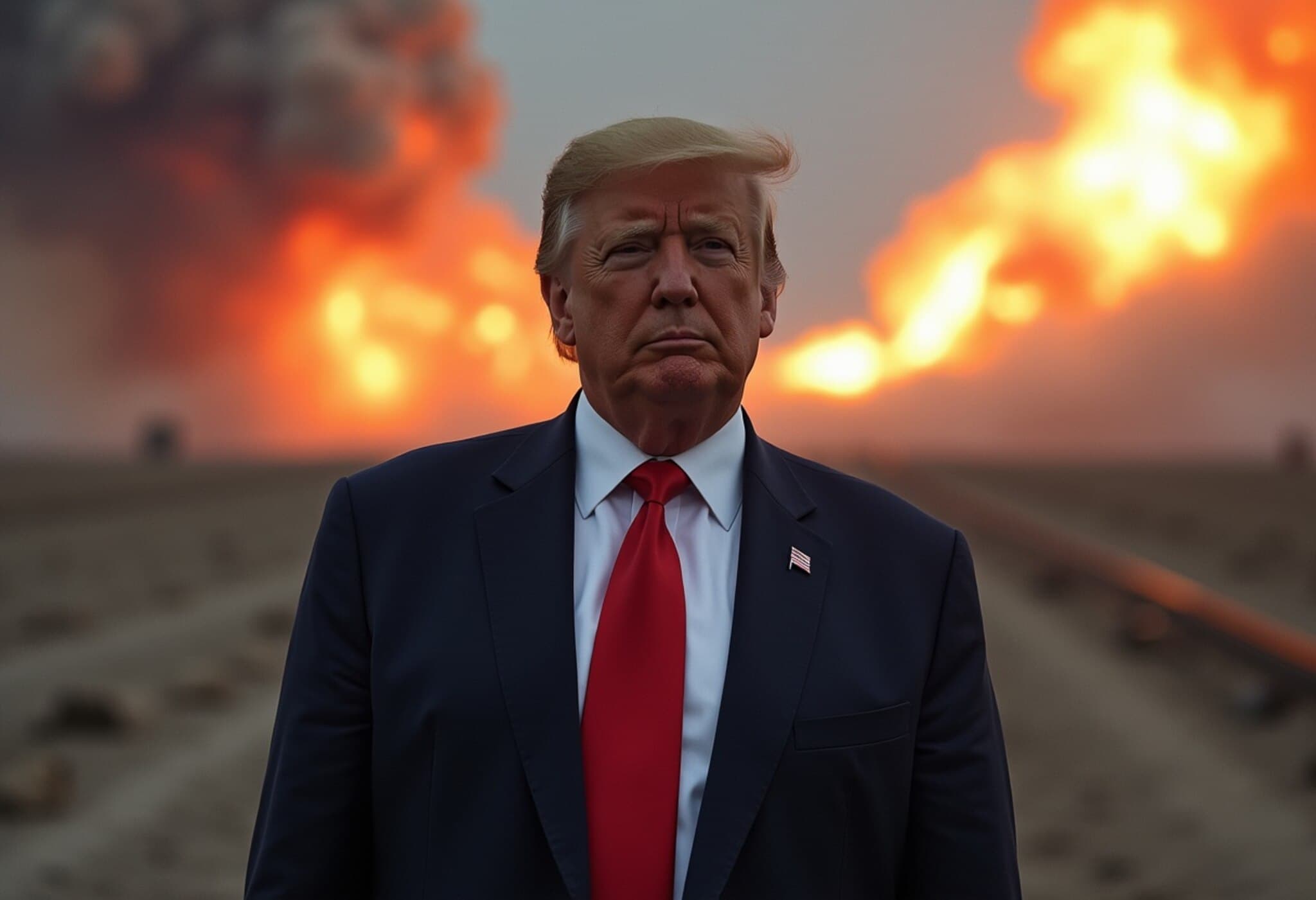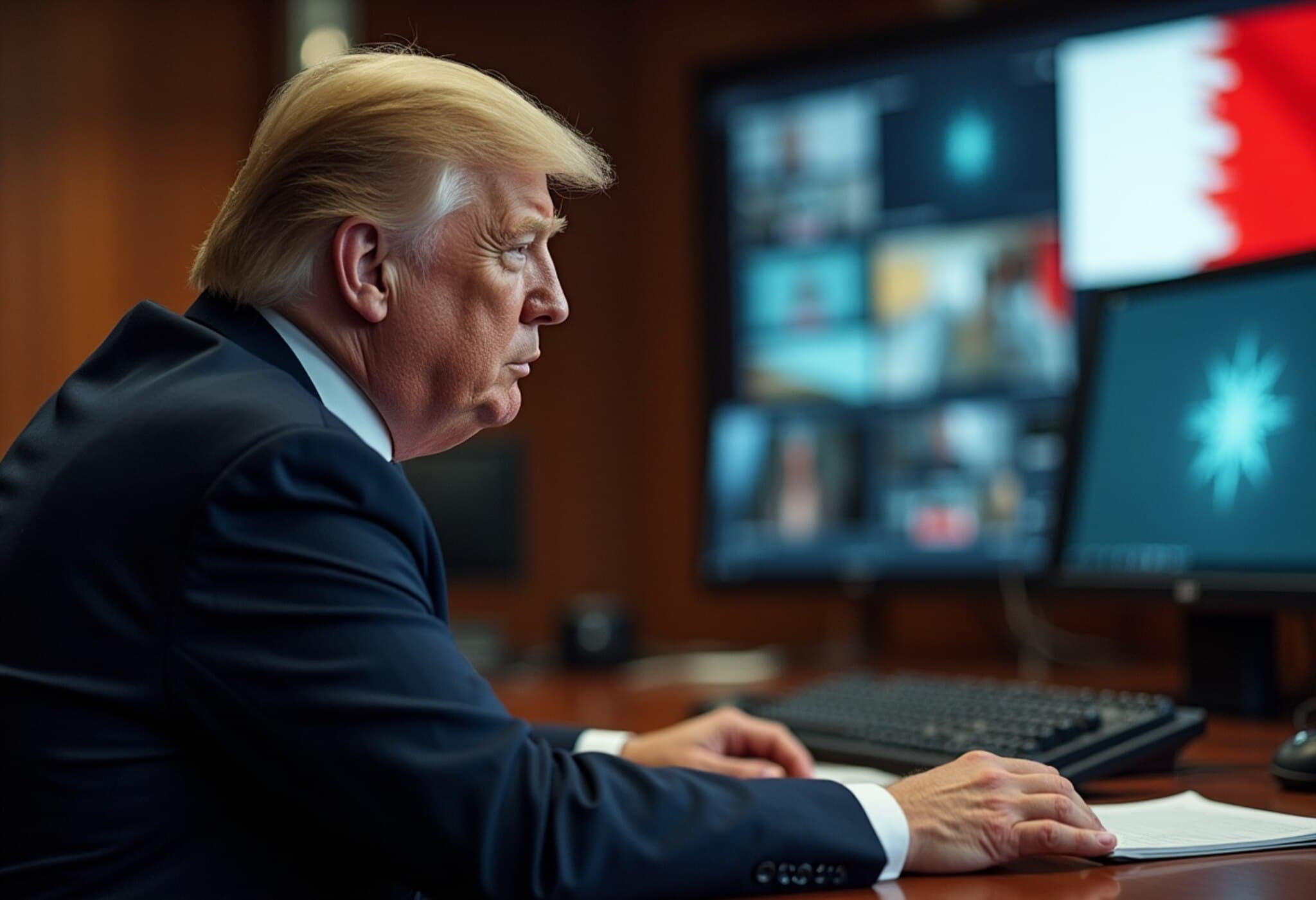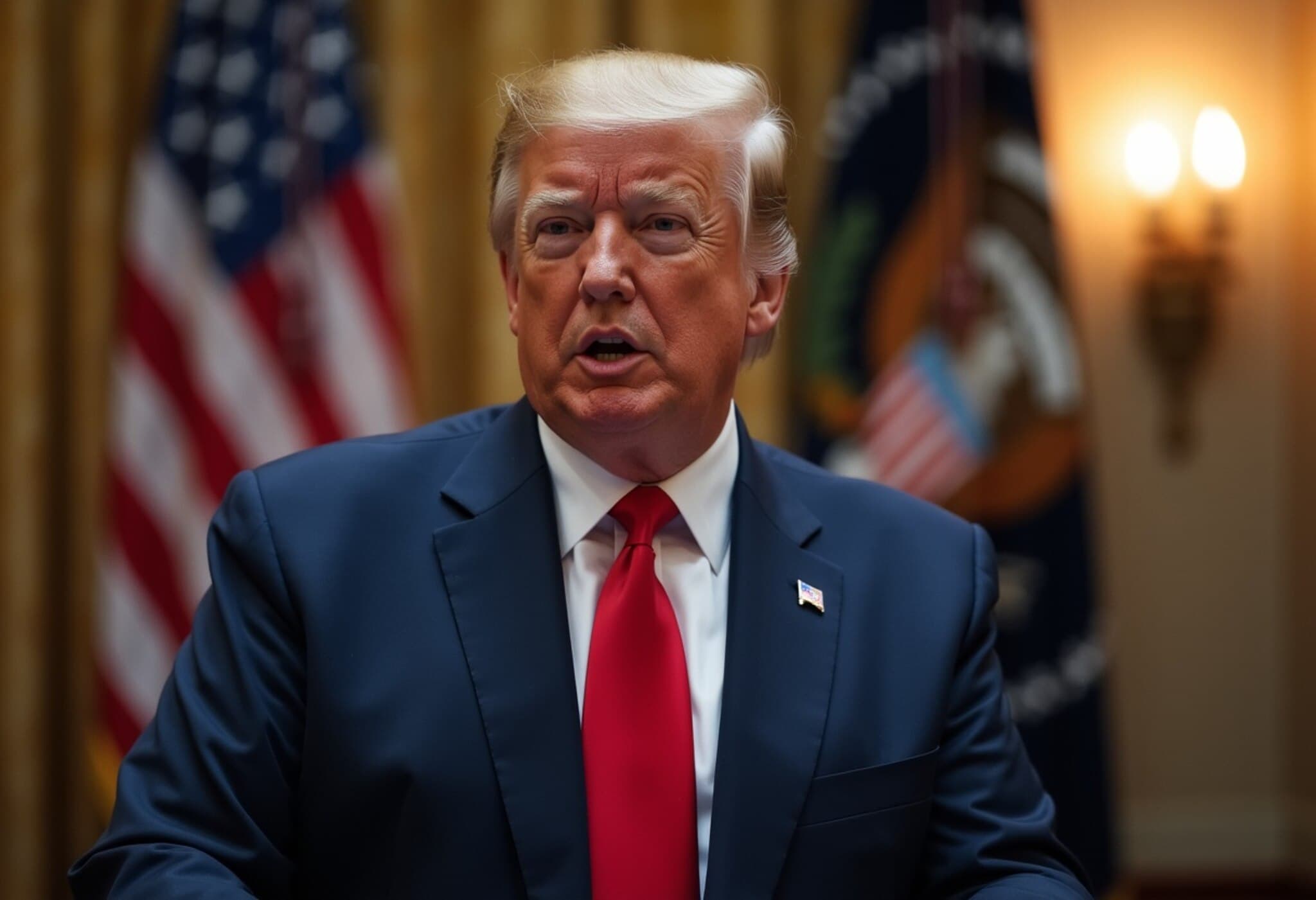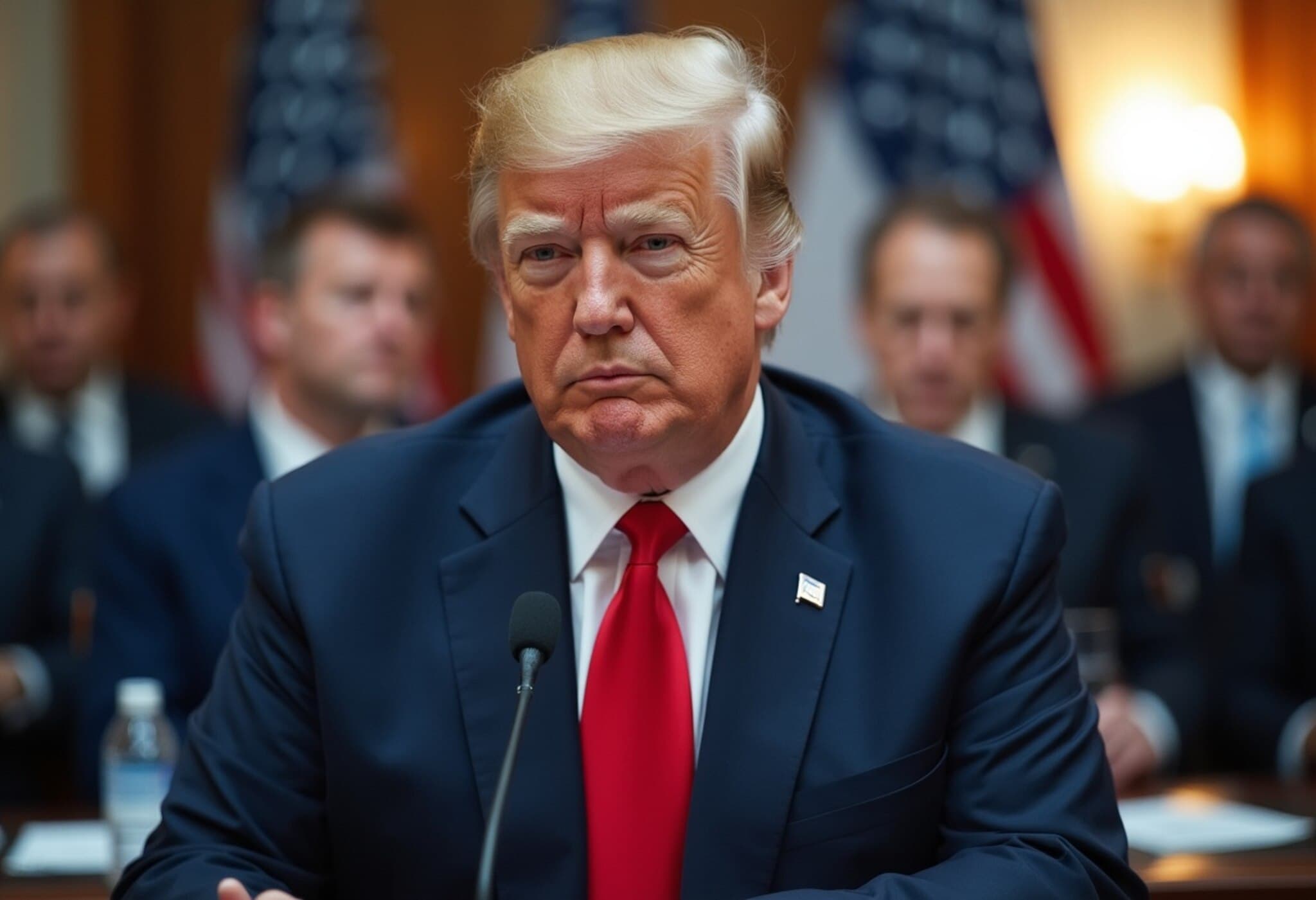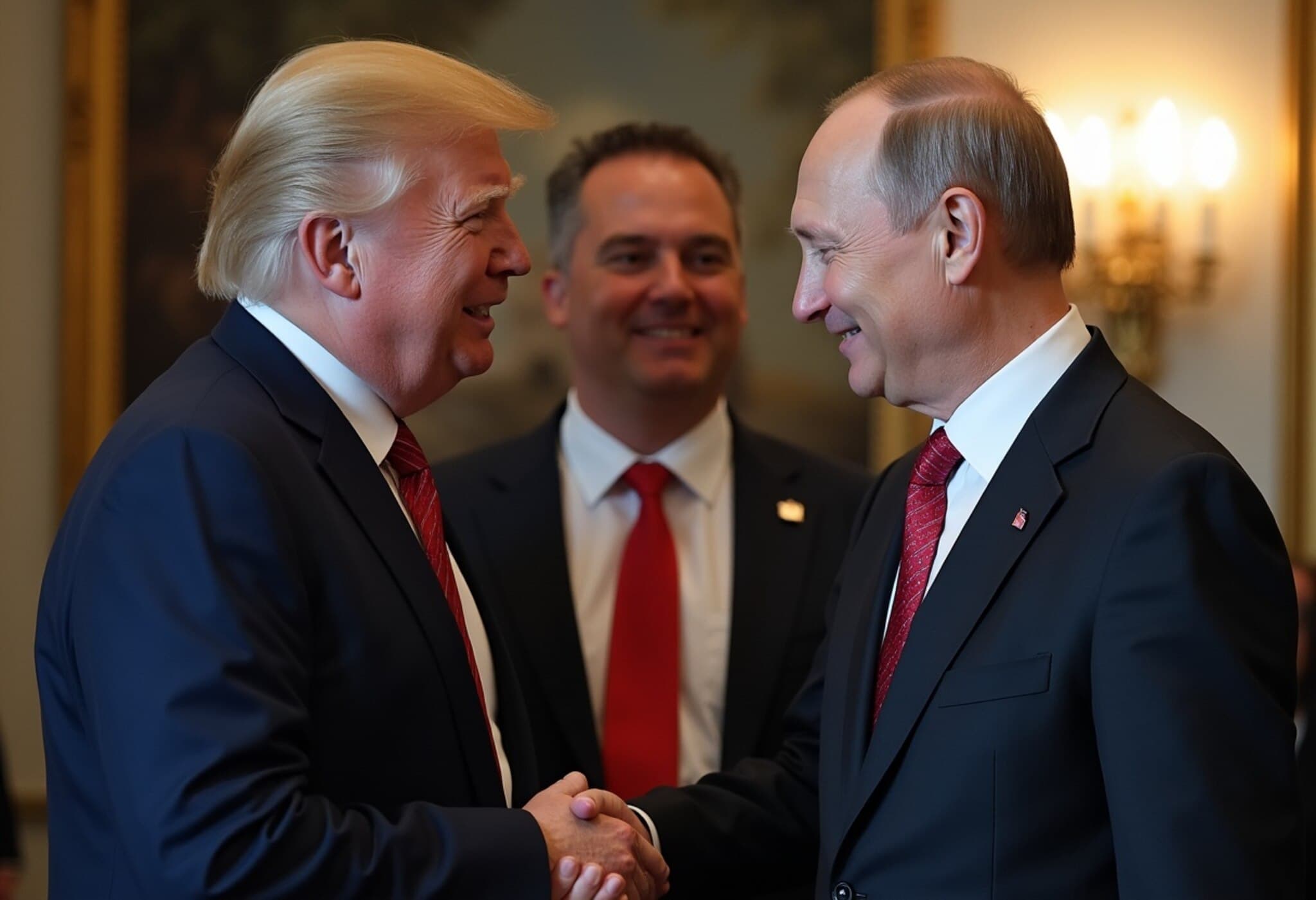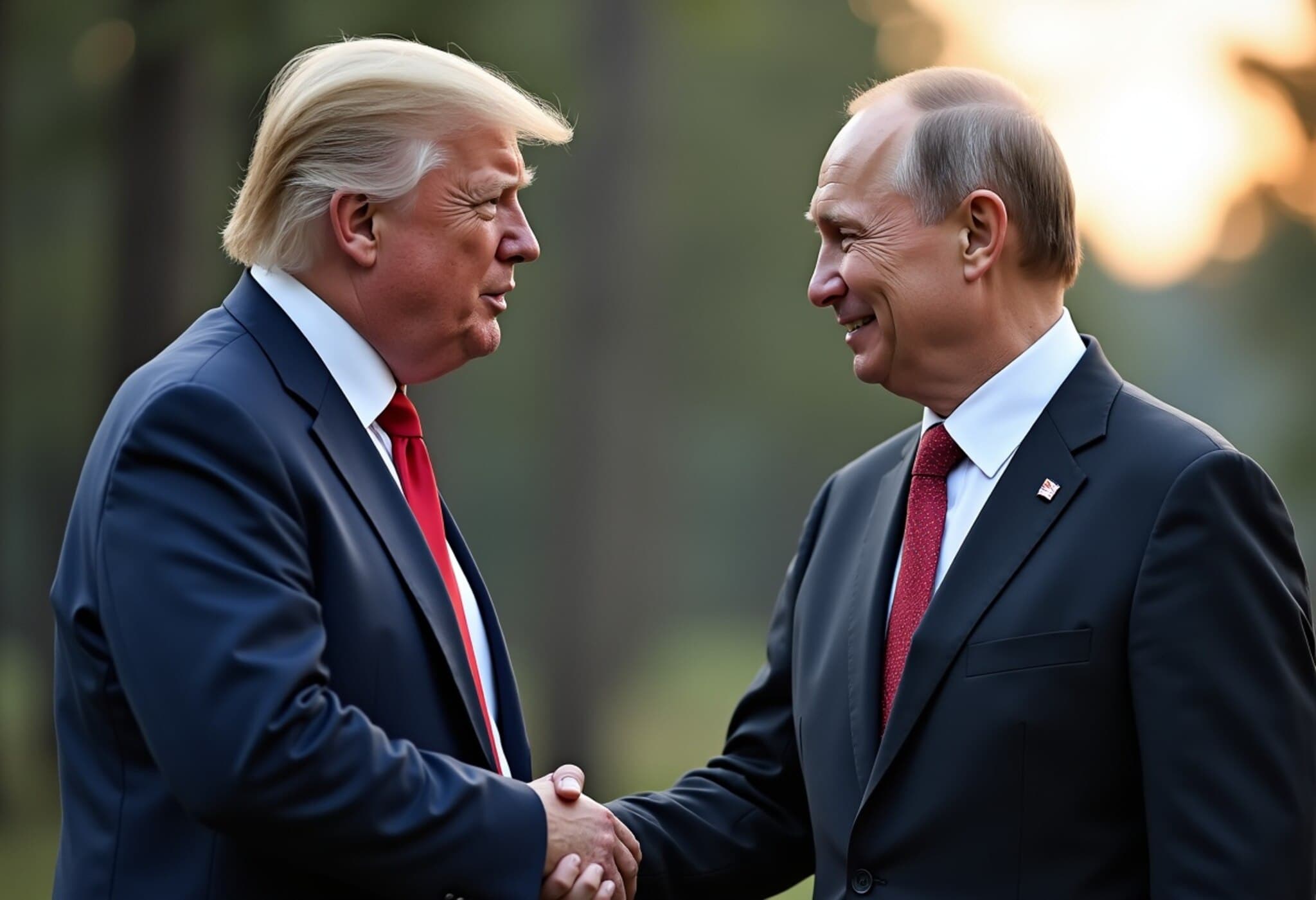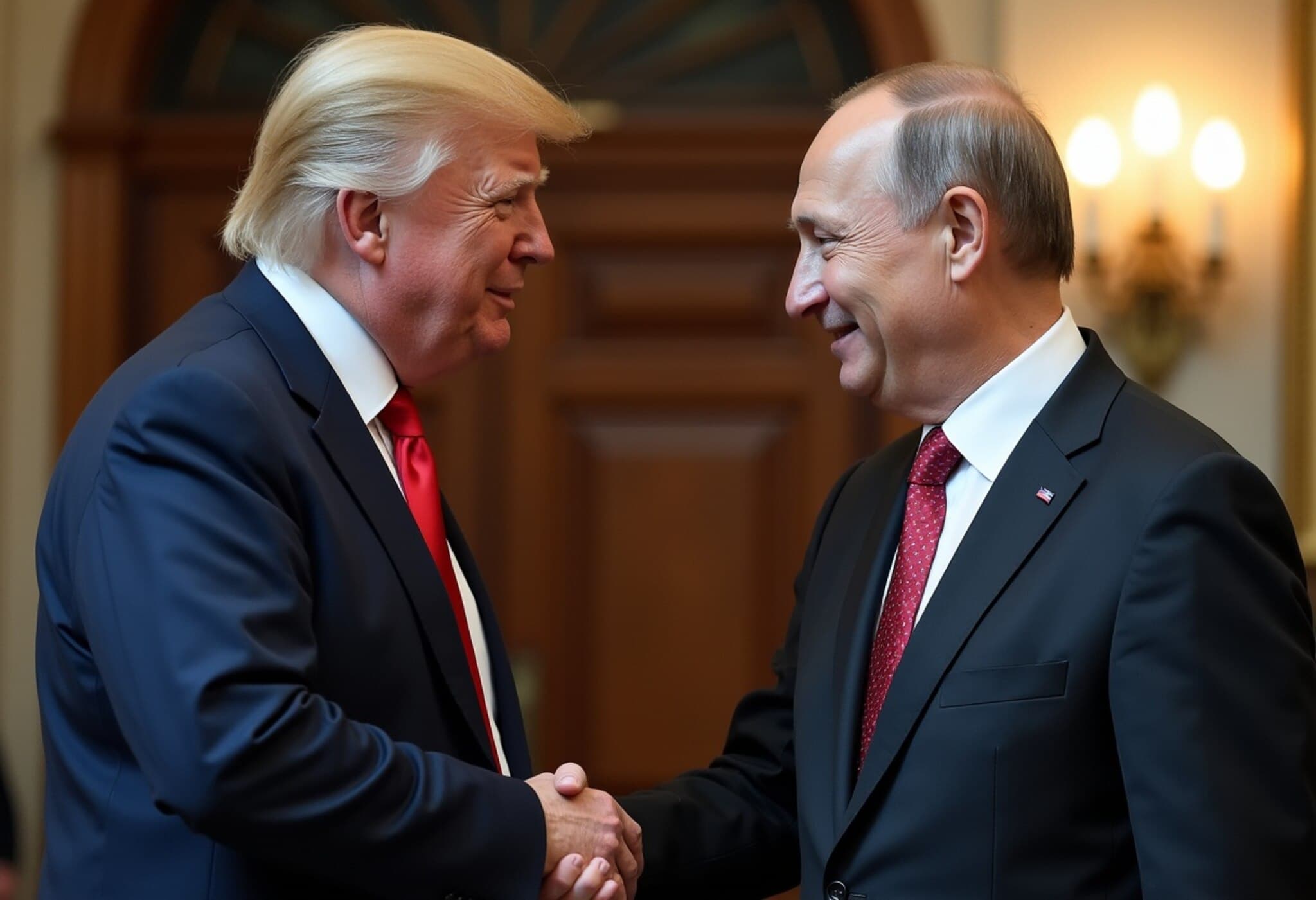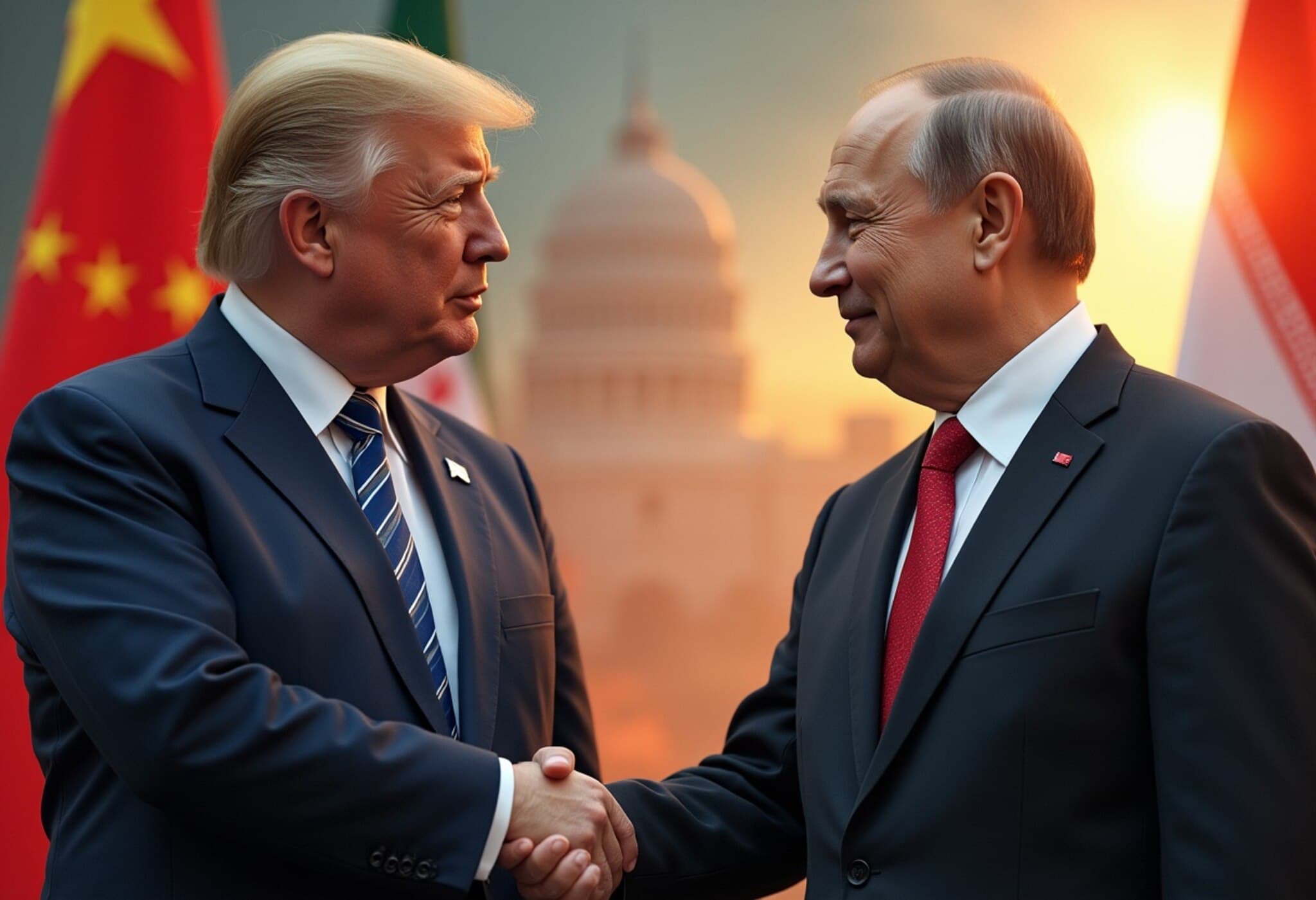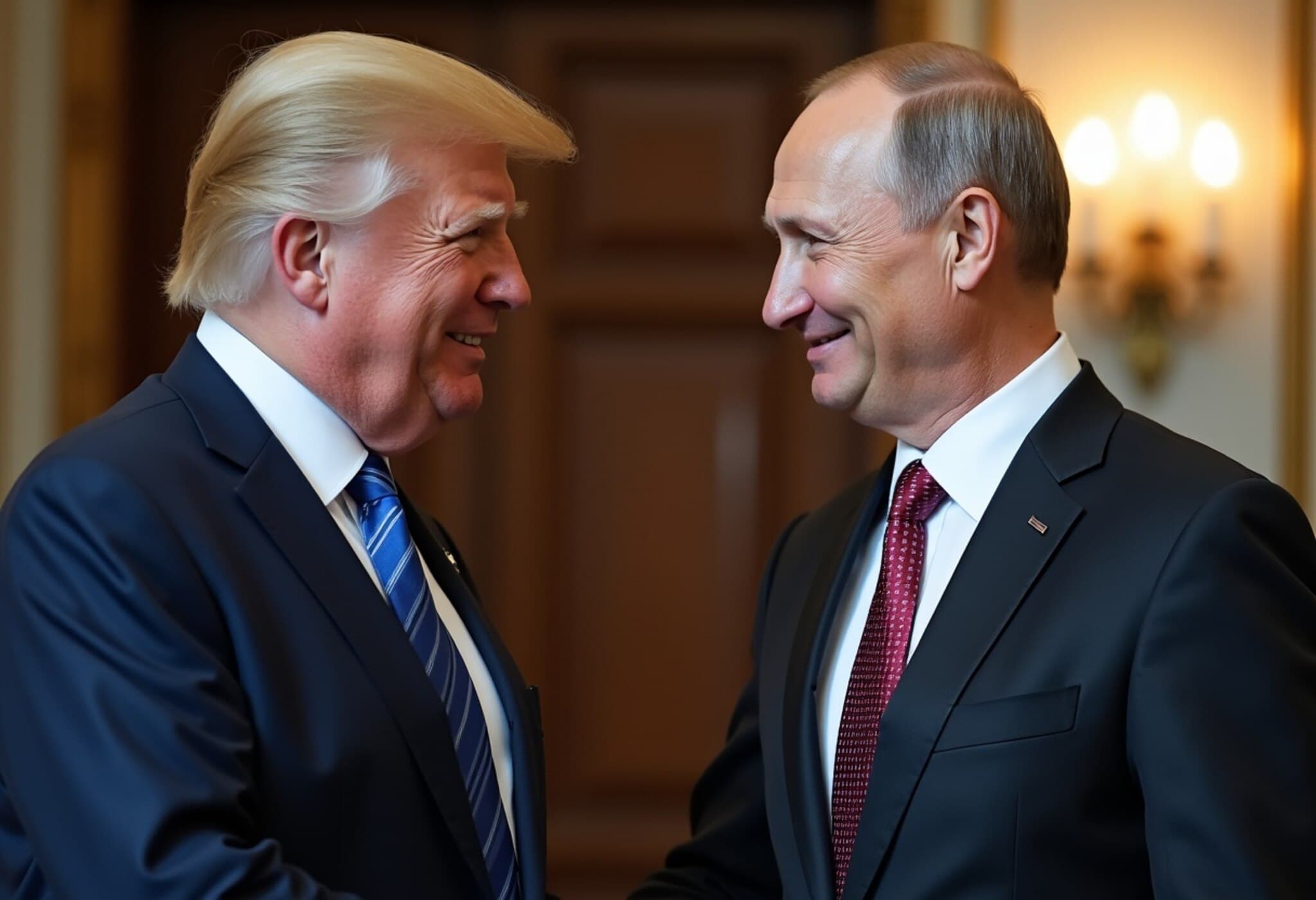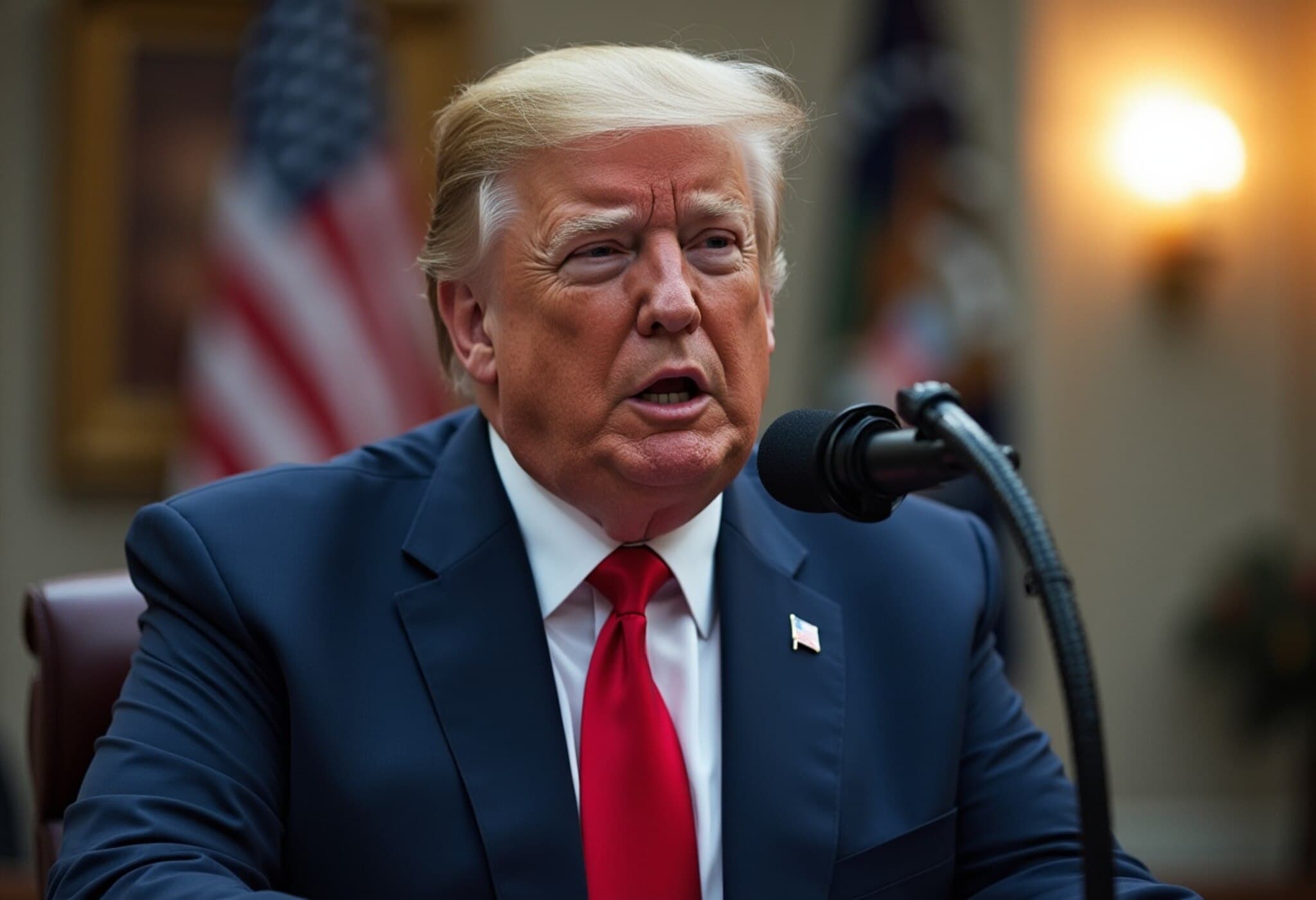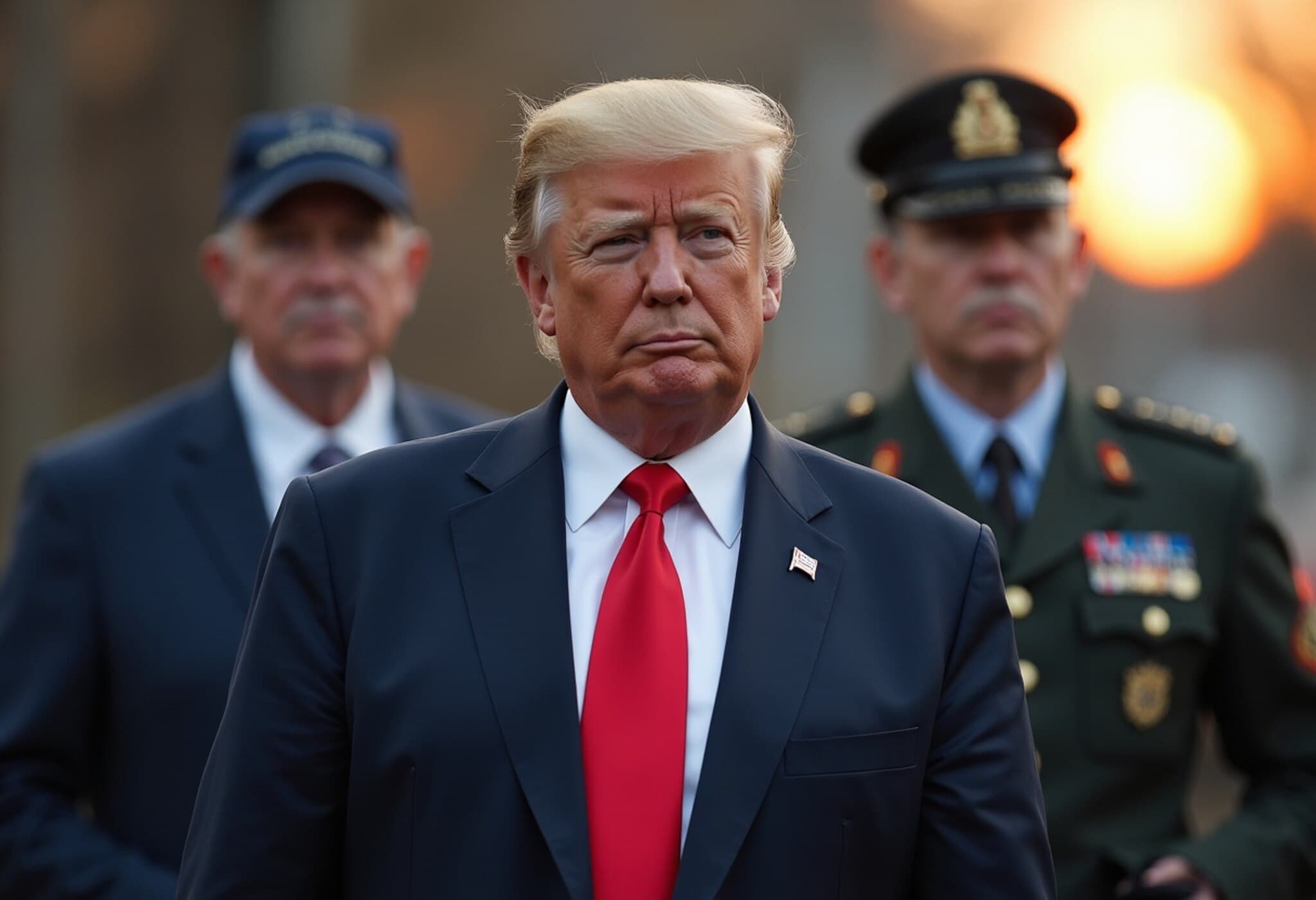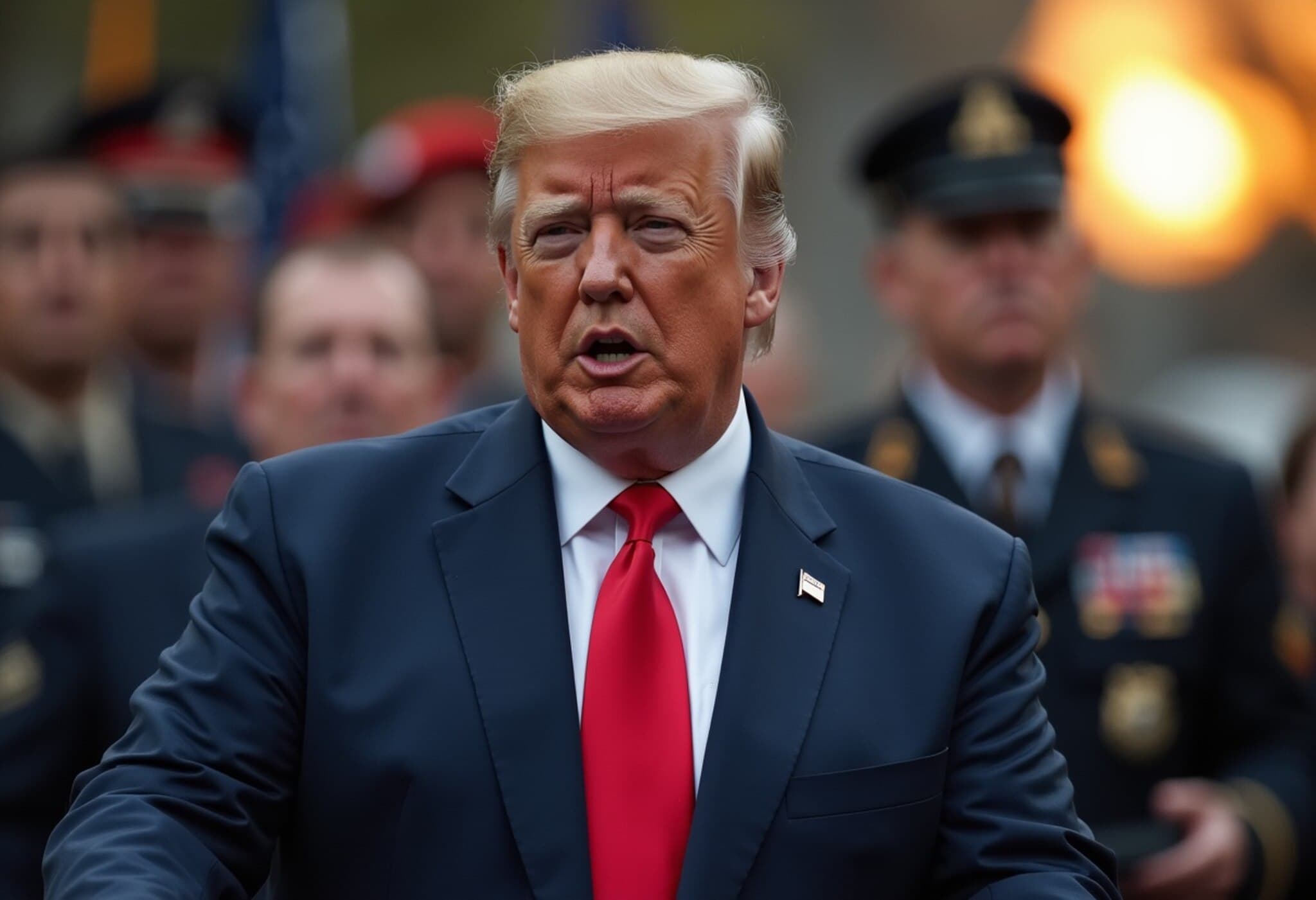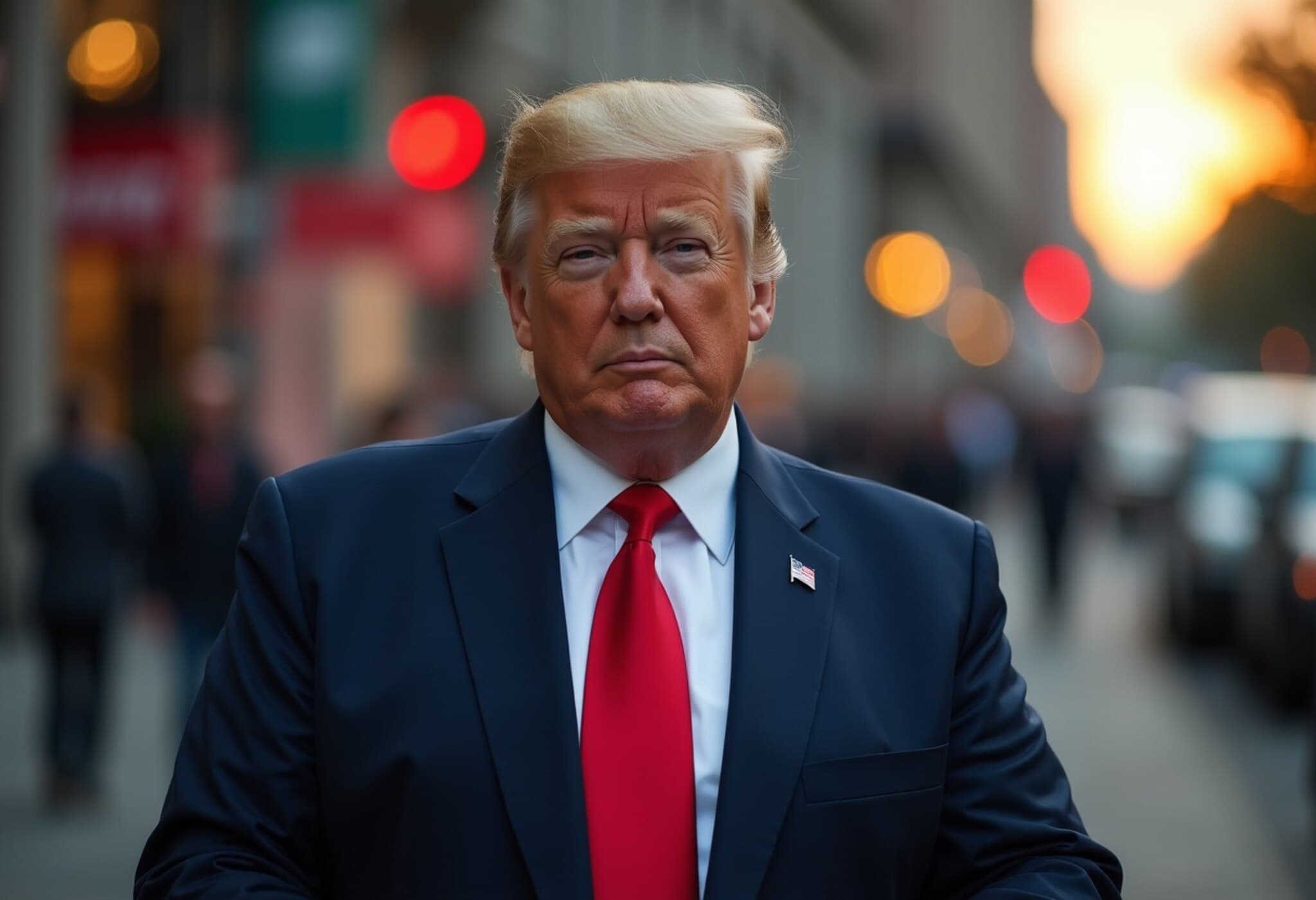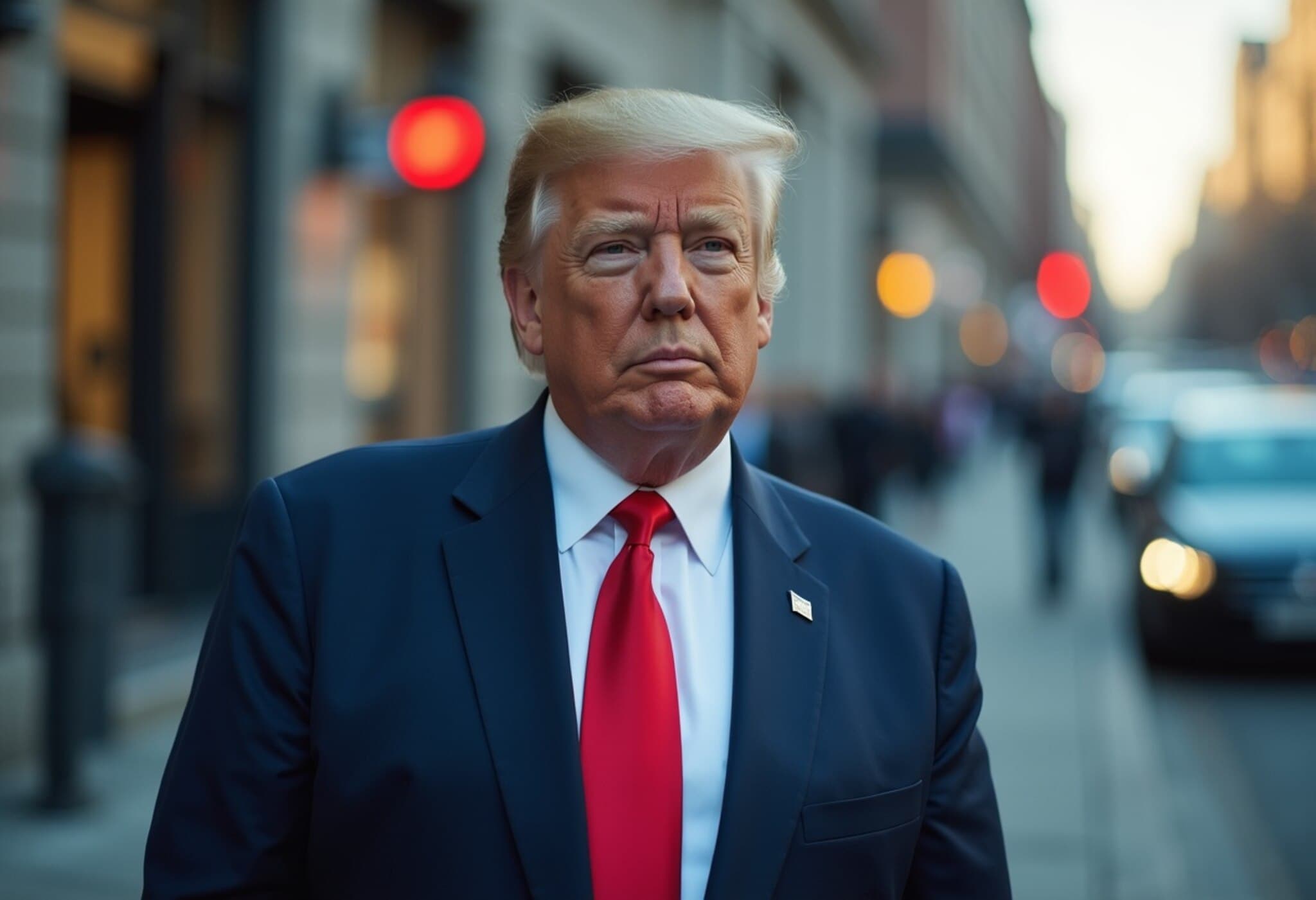Trump Voices Frustration with Putin Over Ukraine Conflict
In a candid White House cabinet meeting on July 8, 2025, US President Donald Trump openly expressed his dissatisfaction with Russian President Vladimir Putin regarding the ongoing war in Ukraine. Trump slammed Putin’s peace overtures as insincere, remarking, "We get a lot of bullshit thrown at us by Putin. He’s very nice all the time, but it turns out to be meaningless." This blunt assessment underscores longstanding frustrations in Washington over Moscow’s ambiguous negotiations amid the conflict.
A Tease of Unexpected US Action
When pressed on potential US responses, Trump hinted at undisclosed measures, stating, "I wouldn’t be telling you — we want to have a little surprise." This carefully crafted ambiguity sparked speculation among analysts about possible shifts in US policy or new sanctions impacting Russia amid escalating hostilities.
Sanction Strategies Under Close Review
Addressing a Senate-backed proposal advocating for enhanced sanctions on Russia, Trump acknowledged he was "looking at it very strongly." His openness reflects growing bipartisan pressure to reinforce economic measures against Moscow, given the persistent violence and humanitarian toll.
Human Cost of the Conflict
Trump underscored the grim reality on the ground, highlighting the weekly casualty rates. "I’m not happy with Putin... He’s killing a lot of people — a lot of them are his soldiers, and their soldiers. It’s now up to 7,000 a week," he stated, referencing both Russian and Ukrainian military losses. This frank admission resonates with ongoing concerns about the devastating human impact of the conflict, rarely quantified so starkly by US leadership.
US Support Strengthens Ukrainian Defense
While praising the "bravery" of Ukrainian forces, Trump credited US military aid as a pivotal factor in their resilience. "The Ukrainians were brave, but we gave them the best equipment ever made," he affirmed, highlighting the strategic importance of American arms deliveries in sustaining Kyiv’s defense capabilities.
Trade Policy: Firm Stance on Tariff Deadlines
Shifting from foreign policy to economic measures, Trump confirmed during the meeting that he would not extend the deadline for higher US tariffs set for August 1, despite previous indications of possible flexibility. These enhanced tariffs, affecting dozens of economies, are part of the administration’s broader trade strategy aimed at protecting American industries. Trump emphasized, "No extensions will be granted. There will be no change," signaling a steadfast commitment to this schedule amid global economic uncertainties.
Contextual Insight: What This Means for US-Russia Relations and Beyond
Trump’s blunt critique of Putin, paired with hints of unexpected measures, may signal a recalibration of the US approach to Russia’s aggression in Ukraine. This stance aligns with growing calls within the US government for a stronger posture against Moscow, potentially involving intensified sanctions or covert support strategies. Additionally, the firm tariff policy underscores the administration’s focus on economic assertiveness globally, entwining trade and foreign policy dynamics in a complex geopolitical landscape.
Editor’s Note
This exchange illustrates the fraught and multifaceted nature of US-Russia relations amid the protracted Ukraine conflict. Trump’s unveiled frustrations, combined with a promise of surprise actions, raise critical questions about the future direction of US policy and its broader implications for global stability. As the humanitarian crisis deepens, monitoring how Washington balances diplomatic, military, and economic tools will be essential in assessing prospects for peace and regional security.

